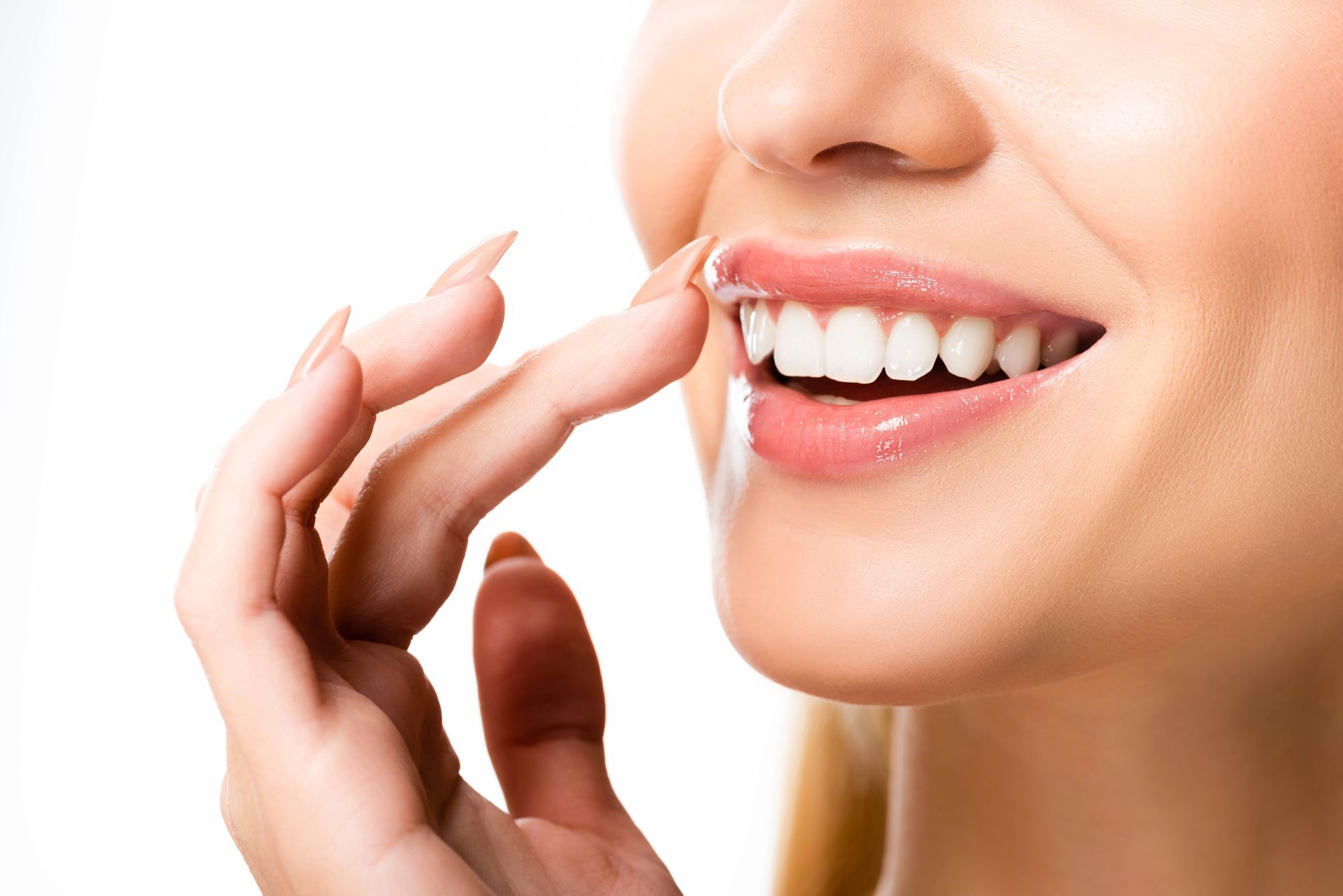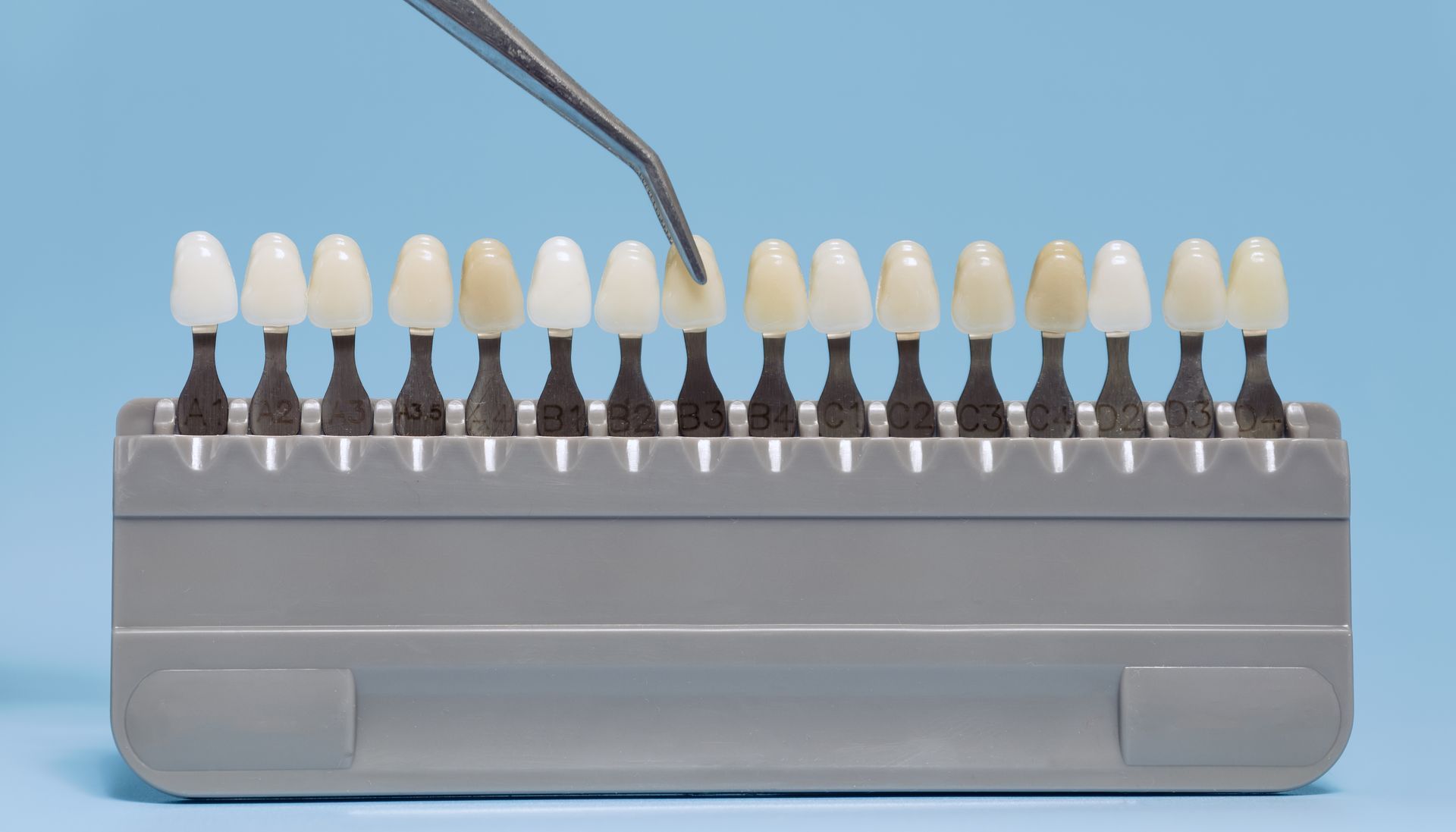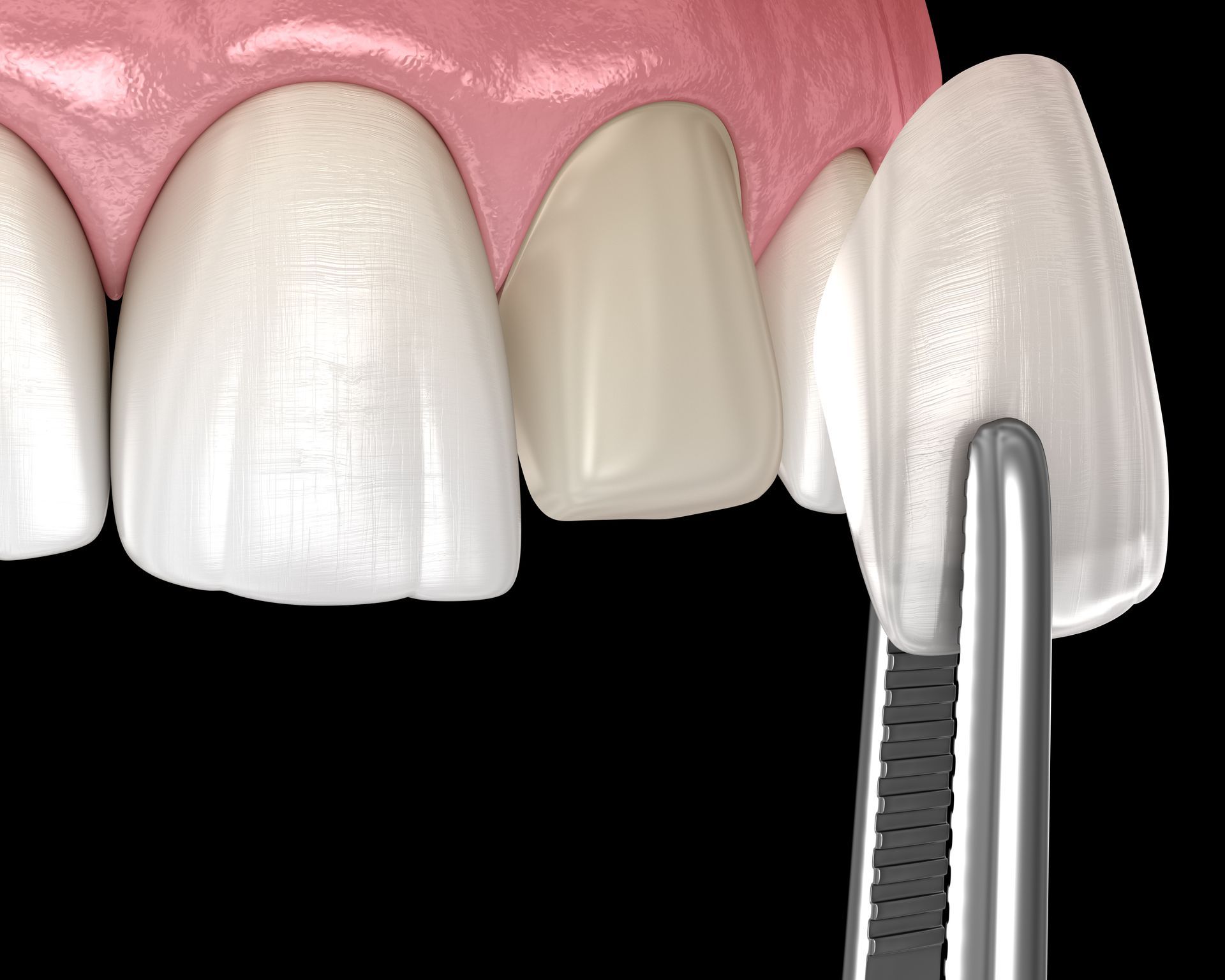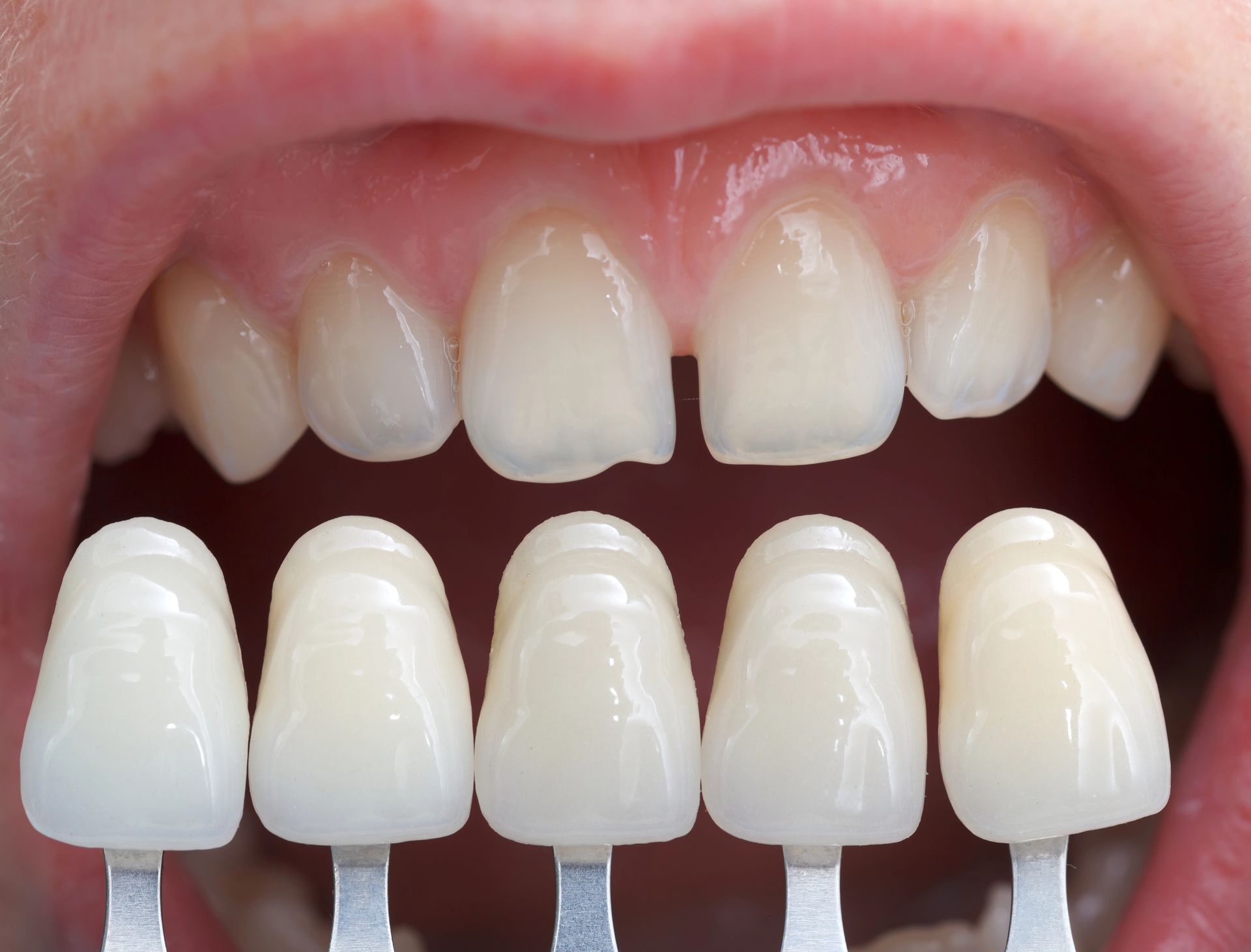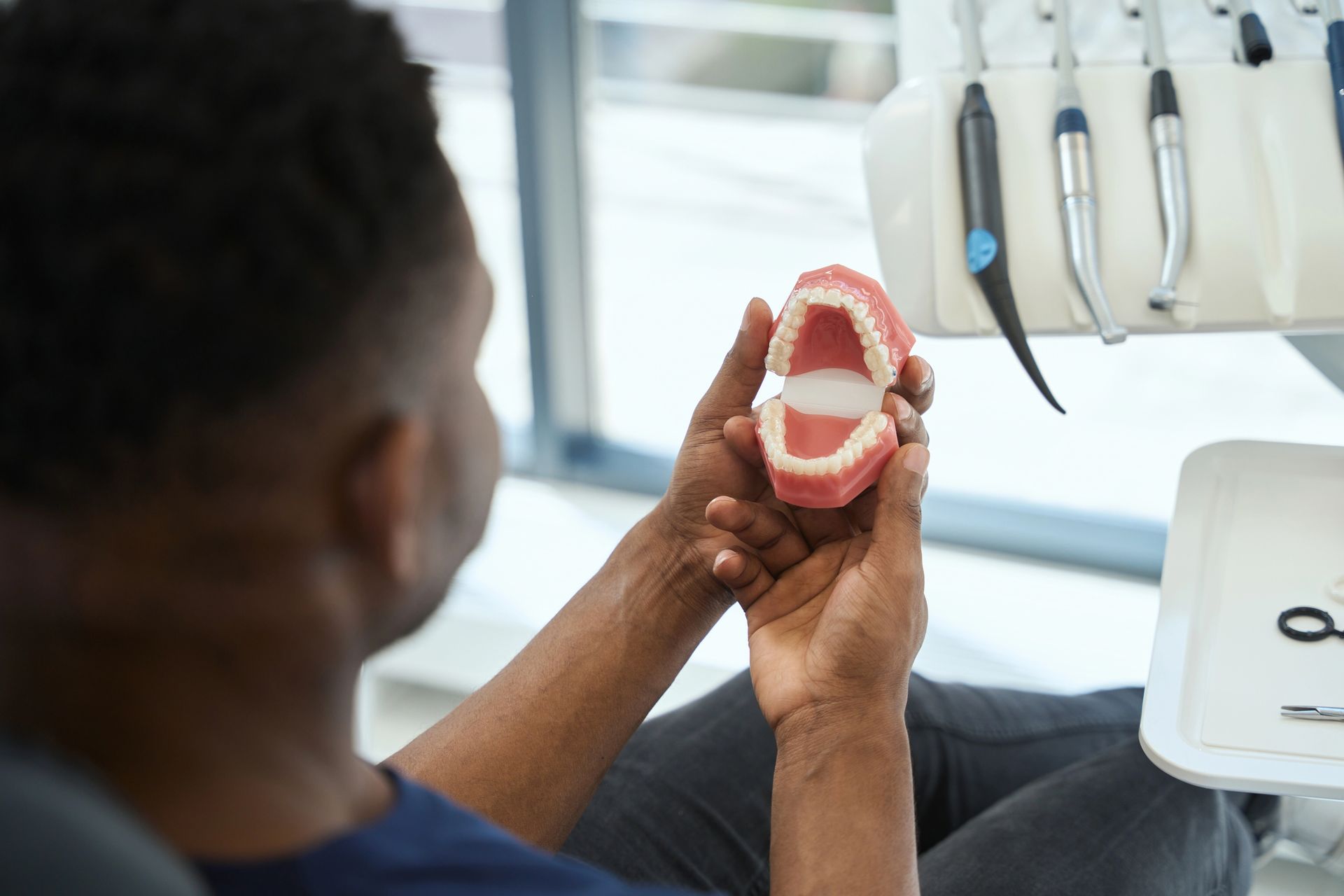

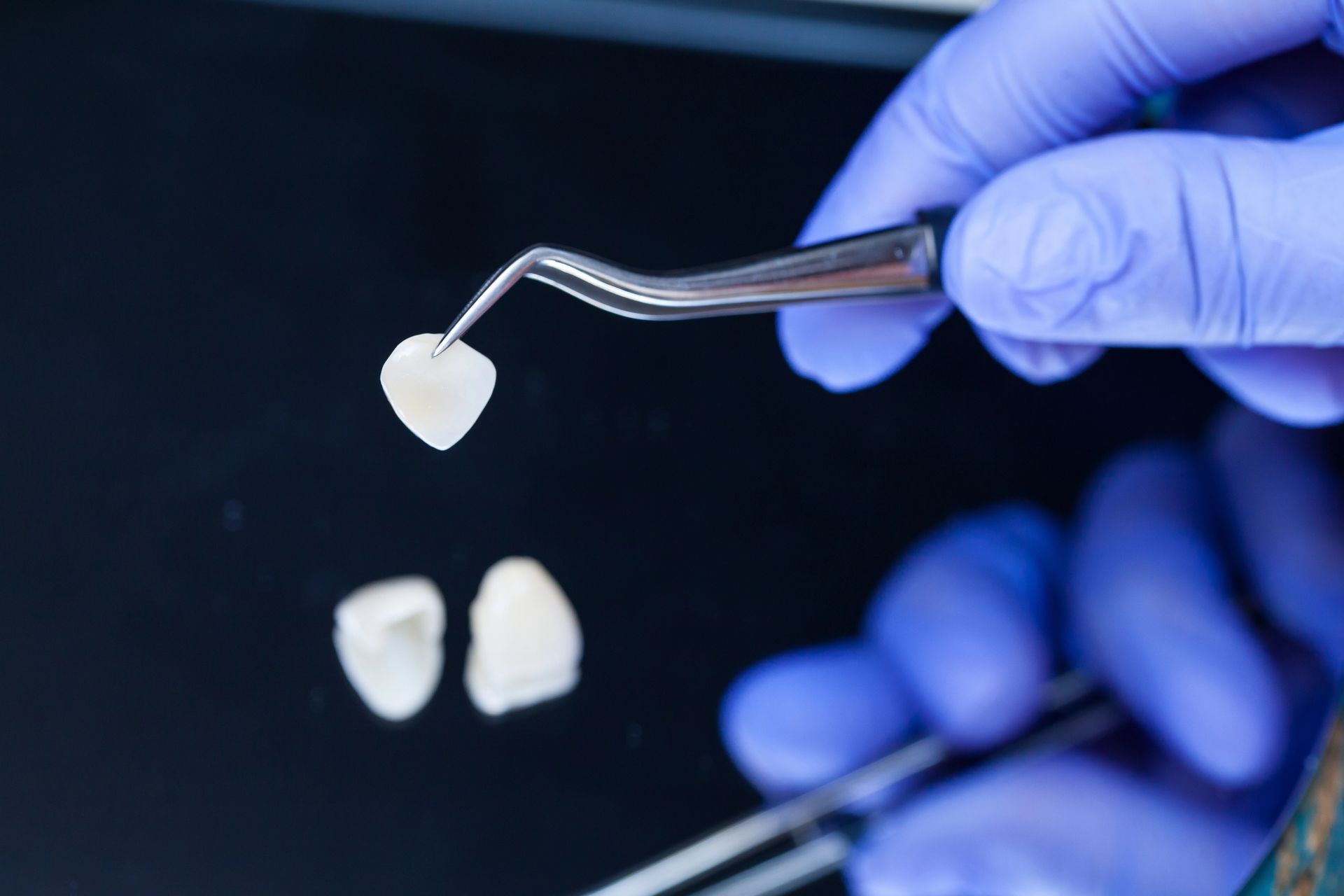
Are dental veneers really the miracle solution for a perfect smile, or is there more to the story? This post aims to debunk common myths surrounding dental veneers, shedding light on what they can and cannot do for your dental health and aesthetics. By separating fact from fiction, we hope to provide a clearer understanding of this popular dental procedure.
Veneers Ruin Natural Teeth: Fact Check
One of the most prevalent myths surrounding dental veneers is the belief that they irreparably damage natural teeth. This misconception stems from a misunderstanding of the veneer application process. In reality, the procedure involves minimal alteration of the tooth's surface to ensure a proper fit for the veneer. It's crucial to distinguish between fact and fiction when considering dental enhancements, and understanding the actual impact of veneers on natural teeth is a significant part of this process. For those seeking a deeper dive into the science behind veneers and their effects on dental health, a comprehensive resource can be found at Dental Veneers: Scientific Insights. This information is vital for dispelling myths and making informed decisions about dental aesthetics. The narrative that veneers ruin natural teeth does not hold up under scientific scrutiny, emphasizing the importance of relying on credible sources for dental health information.
The Permanence of Dental Veneers
One common myth surrounding dental veneers is their perceived lack of durability and permanence. Contrary to this belief, when properly cared for, dental veneers can last for many years, often ranging between 10 to 15 years or more. The longevity of veneers largely depends on the material they are made from, with porcelain veneers typically offering a longer lifespan due to their robust and stain-resistant nature. It's important to understand that while veneers are designed to be a long-term solution for enhancing the appearance of teeth, their lifespan can be significantly influenced by factors such as oral hygiene practices, lifestyle choices, and the initial condition of the patient's natural teeth. Despite their durability, the notion that veneers are a 'permanent' solution can be misleading. Over time, like any dental restoration, they may require replacement due to normal wear and tear or changes in the underlying natural teeth. However, with advancements in dental technology and materials, the need for replacement has become less frequent, allowing individuals to enjoy a transformed smile for an extended period. For those considering this option to enhance their smile, understanding the true longevity and care requirements of dental veneers is crucial. Enhance Your Smile with Veneers in Columbia.
Debunking Veneer Pain Misconceptions
Many people shy away from considering dental veneers due to widespread myths about the pain involved in the procedure. It's crucial to understand that modern dentistry has evolved significantly, focusing on patient comfort and minimizing discomfort. The misconception that getting veneers is a painful process needs to be addressed and corrected. Dental professionals are trained to ensure that the process is as comfortable as possible, using techniques and procedures that reduce any sensation of pain. This myth, like many others surrounding dental procedures, often stems from outdated information or individual anecdotes that do not reflect the current state of dental care.
Veneers and Oral Health Myths
There are numerous misconceptions surrounding dental veneers that can deter individuals from considering them as an option for improving their smile. One common myth is that veneers are harmful to your natural teeth, which is not the case when they are properly applied by a professional. Another widespread belief is that getting veneers is an extremely painful process, but in reality, discomfort is minimal and manageable. Additionally, some people think that veneers require extensive and invasive preparation of your natural teeth, but advancements in dental technology have made the process much less invasive than it used to be. It's important to consult with a dental professional to get accurate information and dispel any myths about veneers and oral health. For those in Columbia looking for expert advice, Design Dentistry Columbia is a trusted source. Learn more about your options with a Columbia Cosmetic Dentist.
The Reality of Veneer Maintenance
When it comes to dental veneers, many myths circulate about their maintenance, causing unnecessary concern among those considering them. The reality is that maintaining dental veneers does not require any extraordinary measures beyond standard oral hygiene practices. Like natural teeth, veneers need regular brushing and flossing to keep them clean and maintain the health of the surrounding gums. It's also important to have regular dental check-ups to ensure the longevity of the veneers and the overall health of your mouth. Understanding the actual maintenance requirements can help dispel fears and misconceptions, allowing individuals to make informed decisions about their dental health.
Conclusion
Now that we've cleared up some common misconceptions about dental veneers, feel free to read reviews on Google Maps or call us at 803-667-3919 for more information.


